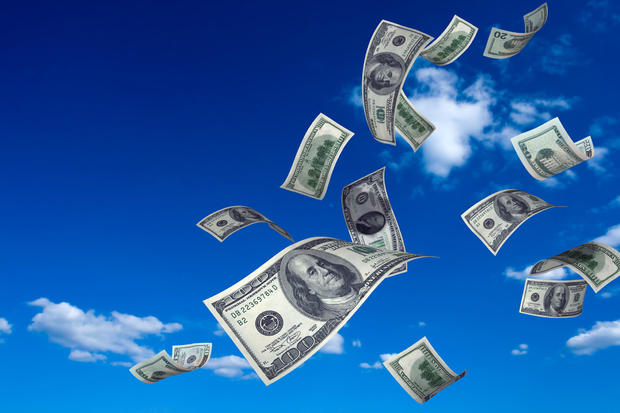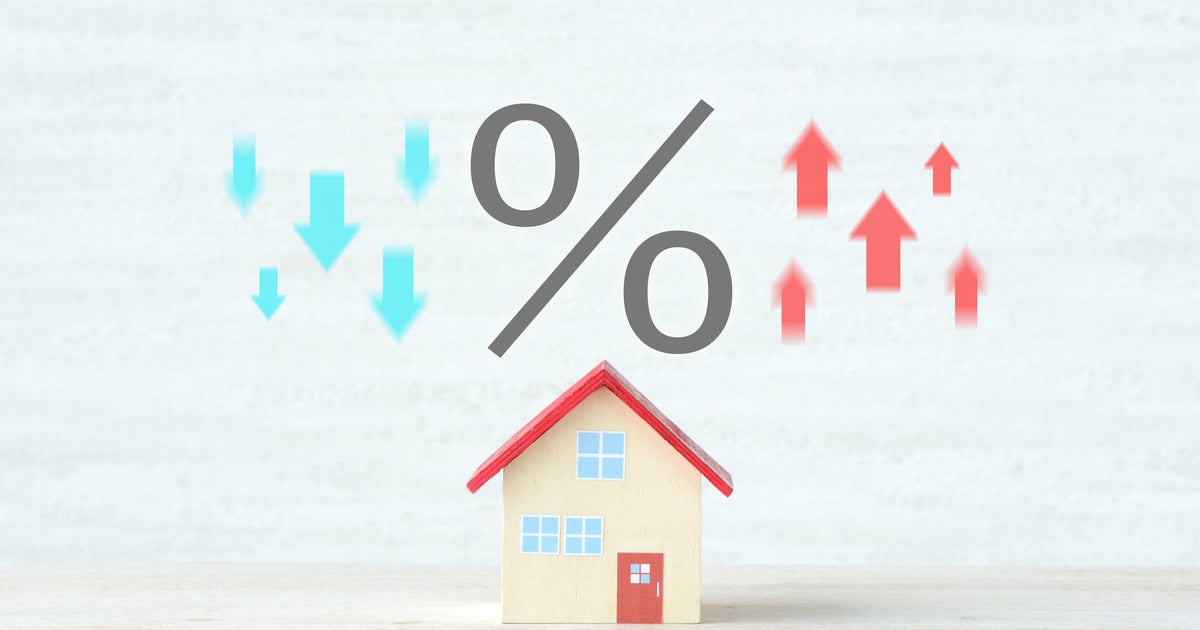Is a savings account or CD better when interest rates are paused?
Many borrowers have struggled to find affordable loan options recently. And that's due, in large part, to the Federal Reserve's efforts to tame inflation, which have led to nearly a dozen rate hikes over the last 18 months. In turn, the rates offered on loans are much higher than they were in 2020 and 2021 — but so are the rates being offered on deposit accounts, making it a great environment for savers.
The rate-uptick trend changed this week, though — at least temporarily — when the Fed opted to pause rate hikes rather than increase them once more. So for now, the Federal Reserve's benchmark rate will stay where it is, at its highest level in 22 years, giving borrowers a break from the rising costs of loans.
But what does the temporary rate pause mean for savers who are trying to decide between a savings account and a certificate of deposit (CD)? Well, both savings accounts and CDs offer their own unique benefits to savers, and depending on your financial goals and needs, one or the other may make the most sense to open now that interest rates are paused.
Compare the top rates you could earn on your savings here.
Is a savings account or CD better when interest rates are paused?
Here's some guidance on which option — CDs or savings accounts — may be the better choice for you when interest rates are stagnant.
Pros of a savings account when rates are paused
Here's why a savings account could make more sense when rates are paused:
- No lock-in period: Unlike CDs, savings accounts do not have maturity dates or lock-in periods, so your funds remain accessible whenever you need them.
- Variable rates: If rates increase following the temporary rate pause, the variable rates on these types of accounts mean that your interest rate will likely climb in tandem. And, considering that most experts agree that the Fed will raise rates at least once more in the near future, you may want to take advantage of the variable nature of these rates.
- Liquidity: Savings accounts provide easy access to your money. You can withdraw or transfer funds at any time without penalties or restrictions, making them an excellent choice for emergency funds and short-term savings goals.
- Safety: Your deposits in a savings account are typically insured by the Federal Deposit Insurance Corporation (FDIC) up to a certain limit (currently $250,000 per depositor, per bank). This guarantees the safety of your principal.
- Competitive options: While rates on these accounts can vary, many banks offer competitive rates on their high-yield savings accounts, which can help your money grow, even when rates are paused.
Find out what today's best savings account options are here.
Cons of a savings account when rates are paused
And, here are a few possible downsides to consider as well:
- Potential for lower returns: While rates may be paused right now, they won't be forever. And, if rates decline in the future, your savings account rate will go with them — potentially eroding the real value of your savings over time.
- Opportunity cost: With stagnant interest rates, you could miss out on the opportunity to earn higher returns that might be available in other investments.
Pros of a CD when rates are paused
Here's why a CD could make more sense when rates are paused:
- Higher interest rates: CDs typically offer higher interest rates compared to regular savings accounts, and in some cases, the rates on CDs may be higher than what you can get with a high-yield savings account, too. And, a higher rate can help your money grow at a faster pace, which is a pretty big benefit to consider.
- Rate guarantee: When you open a CD, you lock in a specific interest rate for the entire CD term. This means that even if interest rates decline further, you will continue to earn the rate you agreed upon when you opened the CD.
- Discipline: CDs can be a great choice for individuals who struggle with impulsive spending. Since your money is locked in, you're less likely to dip into your savings for non-essential purchases.
- Guaranteed returns: CDs provide a sense of security by guaranteeing a fixed return on your investment. This can be appealing in uncertain economic times.
Cons of a CD when rates are paused
And, here are a few possible downsides of CDs to consider as well:
- Limited liquidity: CDs come with a lock-in period and early withdrawals may result in penalties or loss of interest. In an uncertain rate environment, you might not want to tie up your funds for an extended period, especially if better opportunities arise. And, considering that rates could increase in the near future, it could make sense to wait until the next rate hike to open one.
- Opportunity cost: If interest rates start to rise, you might miss out on the chance to earn higher returns on your savings because your money is locked into a fixed-rate CD.
Which option is better for you?
The choice between a savings account and a CD when rates are paused ultimately depends on your financial goals, needs and risk tolerance. Be sure to consider not only the pros but also the cons of each option, and weigh them against your individual circumstances. In a prolonged low-interest rate environment, it may also be wise to diversify your savings and investments to maximize returns while maintaining liquidity and flexibility.
The bottom line
When rates are paused, the best choice between a savings account and a CD depends on your financial goals and needs. While savings accounts offer liquidity and accessibility, CDs provide higher interest rates and rate guarantees. But ultimately, the best strategy may involve using both tools to meet various financial objectives and maintain a diversified approach to your savings and investments. Just be sure to shop around for the best rates and terms to make the most of your money in any interest rate environment.




